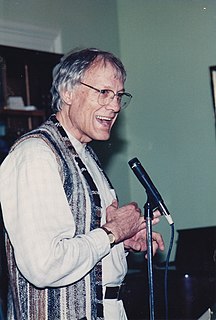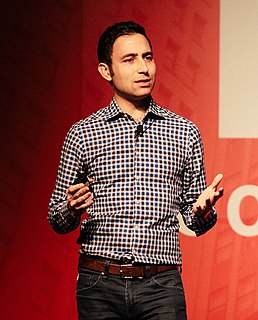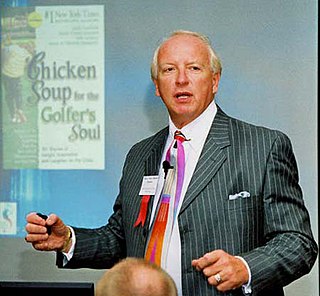A Quote by Ralph Waldo Emerson
Do not believe that possibly you can escape the reward of your action.
Related Quotes
History belongs to the intercessors, who believe the future into being. If this is so, then intercession, far from being an escape from action, is a means of focusing for action and of creating action. By means of our intercessions we veritably cast fire upon the earth and trumpet the future into being.
The secret to freedom is to realize that you don’t have to believe your mind. You don’t have to believe your story. You don’t have to believe that voice in your head. You don’t have to believe your own thinking. You can simply observe it and say, “Thank you for sharing,” and then take the necessary action you’re scared to take anyway.
Faced with today's problems and disappointments , many people will try to escape from their responsibility. Escape in selfishness, escape in sexual pleasure, escape in drugs, escape in violence, escape in indifference and cynical attitudes. I propose to you the option of love, which is the opposite of escape.
I should like to believe my people's religion, which was just what I could wish, but alas, it is impossible. I have really no religion, for my God, being a spirit shown merely by reason to exist, his properties utterly unknown, is no help to my life. I have nor the parson's comfortable doctrine that every good action has its reward, and every sin is forgiven. My whole religion is this: do every duty, and expect no reward for it, either here or hereafter.







































